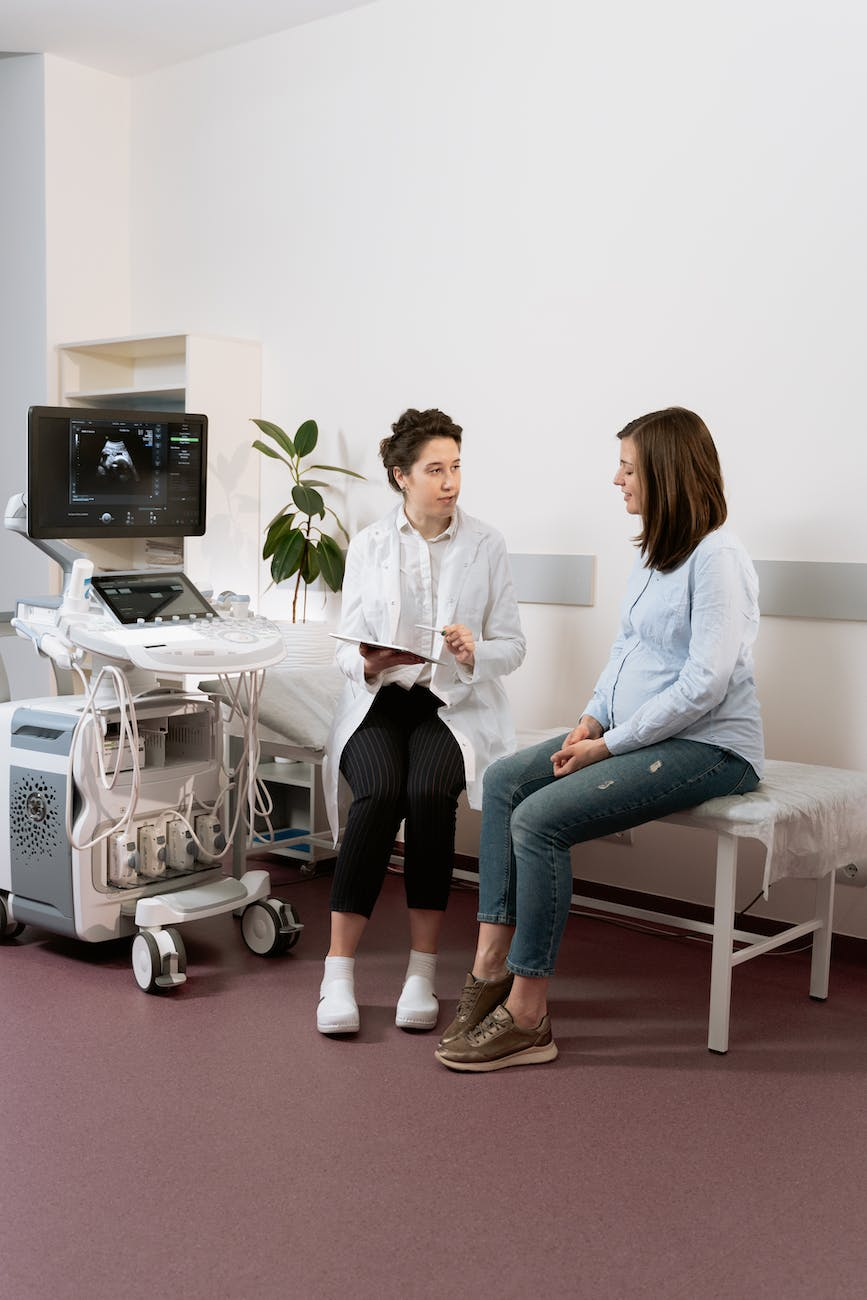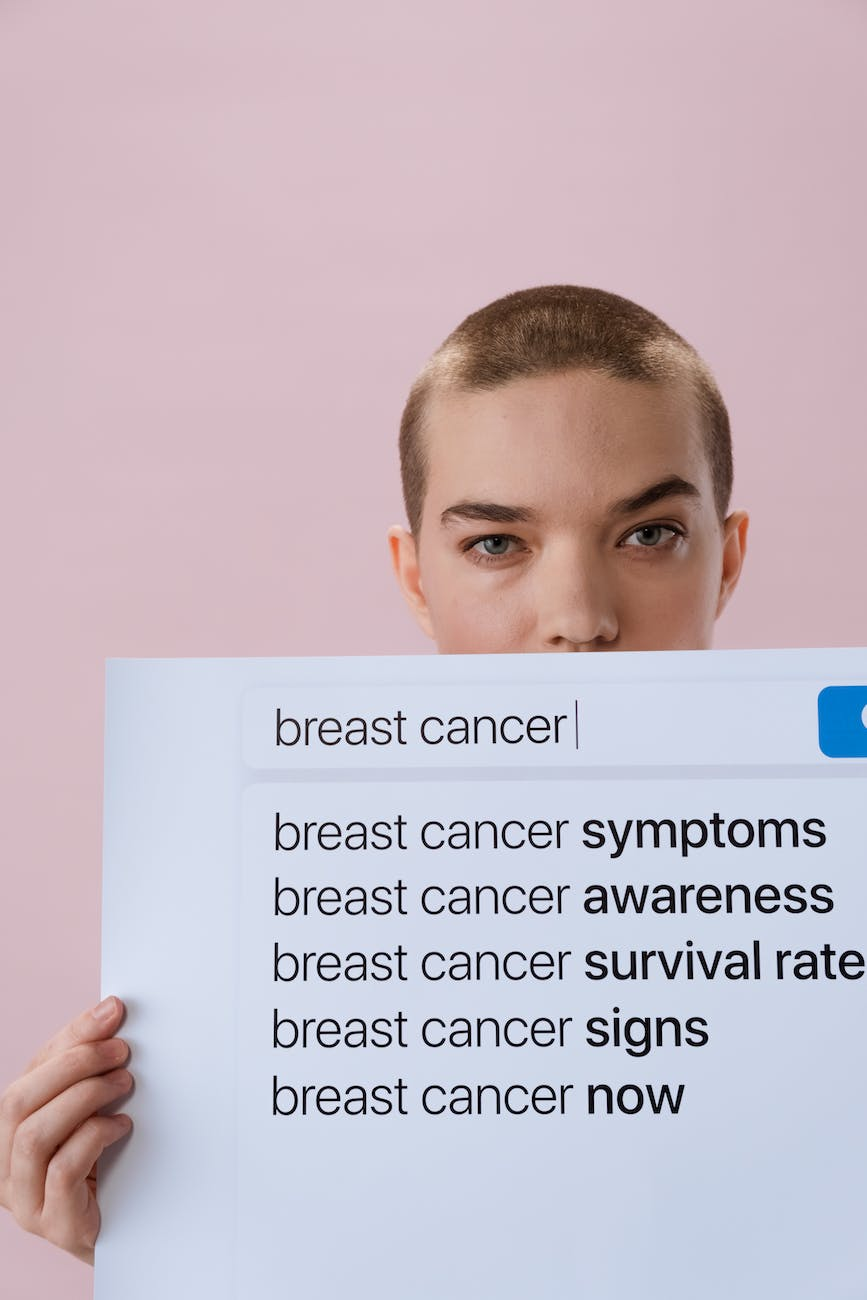Pancreatic cancer is actually a fairly common form of cancer, ranking 11th amongst cancers in total number of cases this year. However, pancreatic cancer is known for hiding under the radar. Known as the “silent” cancer, many early forms of pancreatic cancer go undetected.
To help our community better understand when to get tested, the Surgery Group of Los Angeles have made this little brochure to help you know when to speak to a doctor about a possible case of pancreatic cancer.
Stage 1: Set up a physical, talk to your doctor but you might be fine
The problem with pancreatic cancer is that the symptoms of early-stage of pancreatic cancer are so easy to confuse with every other stomach disease.
- Pain in the abdomen or stomach
- Bloating
- Loss and appetite
- Difficulty pooping
Can mean pancreatic cancer, but it could mean dehydration, hemorrhoids, or simply not enough fiber. The key is to speak to your doctor once it becomes chronic – more than two weeks. Even if it’s not pancreatic cancer you may need
Stage 2: It’s probably fine, but talk to the doctor ASAP
If you’re developing any of these symptoms run, don’t walk to your nearest hospital. You don’t need to call 911 necessarily, but it could be an option if you are in great pain.
- You develop signs of diabetes suddenly or your diabetes gets worse
- Your poop starts to smell like rotting oil
- Your poop is bone dry, and takes hours of struggling to pass
These are more serious signs of your pancreas malfunctioning, and you should see a doctor immediately.
Stage 3: Go to a doctor right now
Almost all forms of pancreatic cancer don’t need emergency room treatment. However, some symptoms are so dramatic they are signs that you require a specialist diagnosis and treatment right away.
If you start suffering from:
- skin and eyes looking yellow (jaundice)
- Your urine is consistently light brown or orange
- Unexplained nausea for multiple days
Go to urgent care and let your medical provider know that you may feel that you have developed a form of pancreatic cancer.
The key is to stay calm and not jump to conclusions. Explain your symptoms with your doctor clearly and try to write down how long you’ve experienced these symptoms to help you remember them prior to your appointment.
If you or a loved one believe that you are suffering from these symptoms, speak to your doctor today.

















